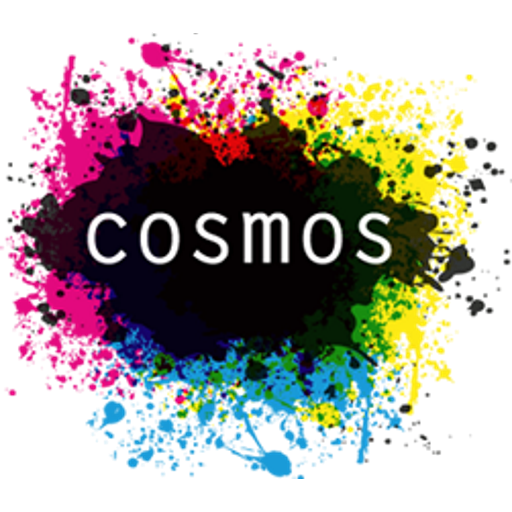
Weaving the Transnational Anti-Gender Network
30 – 31 May 2022
Faculty of Political and Social Sciences
Scuola Normale Superiore
Palazzo Strozzi (5th Fl.), Piazza degli Strozzi
Florence, Italy
Keynote lectures: Olivier Fillieule (University of Lausanne), Mieke Verloo (Radboud University), David Paternotte (Université libre de Bruxelles)
Organizers: Manuela Caiani, Ivan Tranfić (SNS)
Scientific Committee: Agnieszka Graff (University of Warsaw), Elżbieta Korolczuk (Södertörn University), Roman Kuhar (University of Ljubljana), Eva Anduiza Perea (Universitat Autònoma de Barcelona), Bice Maiguashca (University of Exeter), Francesca Feo, Anna Lavizzari, Giada Bonu (SNS)
In the summer of 2021, WikiLeaks published the ‘Intolerance Network’ – 17.000 internal documents of two Spanish organizations important in the transnational anti-gender mobilizing efforts. The documents provide further solid evidence of a vast network of global financial, ideological, and strategic ties between far-right parties and ultra-conservative religious groups tied to various Christian denominations. This conference aims to create a forum for scholars working on the transnationalization and coordination efforts of radical right and conservative actors promoting heteronormative family values and mobilizing against ‘gender ideology’ and abortion. We investigate the development of anti-gender movements, focusing on collective identities, frames, repertoires of action, networks, and factors that help with their transnationalization.
A network of anti-feminist and anti-LGBT organizations has been weaved against the backdrop of rising populism and illiberalism. Rallying around the outcry to protect family values and children gave new wind to the sails of both national and transnational far-right actors. Appealing to the common-sense politics of essentializing differences between women and men and extolling the nuclear family arguably helps far-right actors to circumvent uneasy (geo)political tensions on issues of history, ethnic and religious difference when collaborating transnationally.
On the one hand, national actors disseminate their strategies, share best practices and help spread know-how and resources to develop new transnational anti-gender fora. On the other hand, regional and global anti-gender actors help support the creation of new local initiatives or chapters of existing anti-abortion and anti-gender organizations. While scholars have mostly focused on national actors and discourses, the relational and transnational aspects of anti- gender campaigning, including movement-party interactions and transnational movement- building, have been neglected until recently.
Drawing on these developments, we are particularly interested in the following themes:
● The role of the radical right in anti-gender movements
● Development of transnational anti-gender actors and fora/spaces (conferences,
summits, meetings)
● Diffusion of anti-gender networks, campaigns, discourses, and repertoires across
country-cases
● The role of churches and religion in (transnational) anti-gender mobilization
● Movement-party interactions and formation of anti-gender movement-parties
● Conflict, tensions, and internal heterogeneity of the anti-gender movement
● Movement-countermovement interactions with feminist and progressive actors
● The role of emotions, identities/frames, and affect in (transnational) anti-gender
mobilizing
● Comparative analyses of anti-gender, anti-abortion and religious mobilization
● Bridging issues (and networks): anti-gender, radical right, and COVID protests
● Theoretical and conceptual grounding of transnational anti-gender politics
The conference invites theoretical and empirical contributions from all related academic fields. We welcome papers with different regional foci and aim for methodological pluralism.
Allegati
Journal Article - 2025
Journal Article - 2023
Journal Article - 2023
Journal Article - 2023
Journal Article - 2023
Monograph - 2023
Monograph - 2022
Monograph - 2022
Journal Article - 2021
Journal Article - 2021